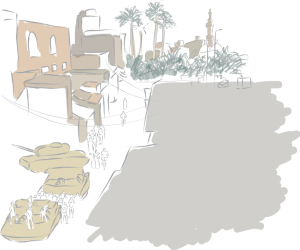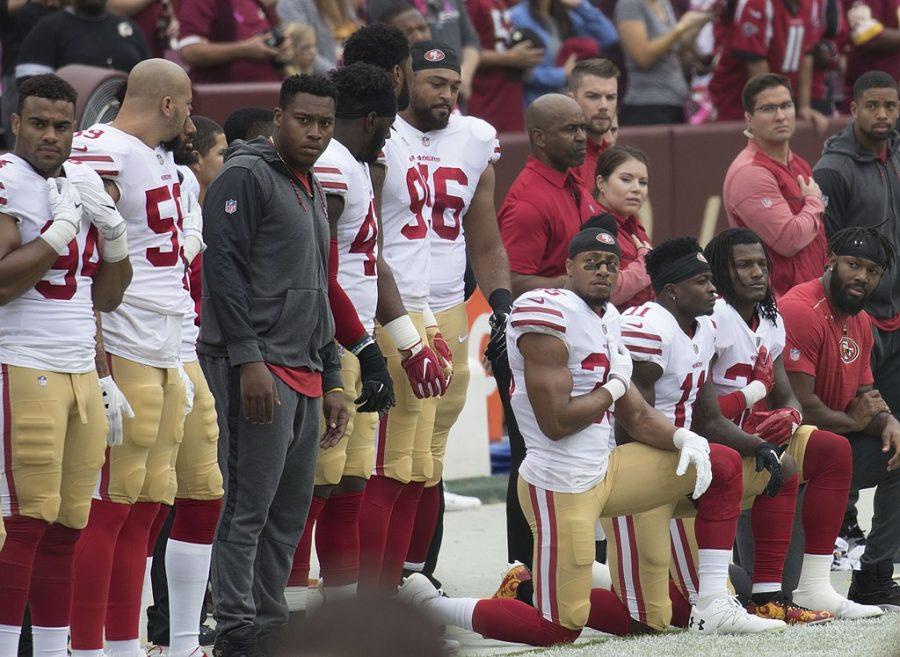 Graffiti from the revolution is scribbled on walls, baring the vulgar phrases “—- SCAF” (the Supreme Council of Armed Forces) and “—- Mubarak”; telephone poles are layered with faded campaign flyers for the upcoming election. This is Old Cairo, Egypt. Last summer, I saw the reconstruction of a country.
Graffiti from the revolution is scribbled on walls, baring the vulgar phrases “—- SCAF” (the Supreme Council of Armed Forces) and “—- Mubarak”; telephone poles are layered with faded campaign flyers for the upcoming election. This is Old Cairo, Egypt. Last summer, I saw the reconstruction of a country.
Having a shouting match with an Egyptian street vendor is an amusing story to tell, but it’s also a part of a more serious, universal issue. The American media portrays Egyptians as strong Arabs with smiles on their faces, holding posters, arms raised in victory. There is a false sense of reassurance that Egypt is okay, that it’s stable, that the hard part has past. But the little things — an increase in the number of beggars on the street and the desperation of vendors who scramble to make money — show that Egypt has a lot of work to do.
I remember driving down the main highway with soldiers on army tanks and rifles at the ready. According to my uncle, the SCAF took precautions in case of another outbreak. The tightening of security, however, couldn’t prevent small bar fights. Case in point, my uncle’s friend’s wife was home one night when she heard an argument between two drunk men outside her window. “One man took a bottle and beat the other man until he was unconscious,” she said. “My husband wasn’t home, so I panicked and hid [in the closet] with my daughter. They were arguing about politics.”
The anti-Gaddafi protests in Benghazi, Libya, that sparked the flames of Middle Eastern uproar are not over yet. Tension in the Middle East impacts Americans who have family there, and there’s a possibility of the United States being pulled into war through alliances with Middle Eastern countries. For the sake of peace, I hope the Egyptian people find their feet, but everyone should be wary of the country–Egypt might be a worldwide disaster waiting to happen.


